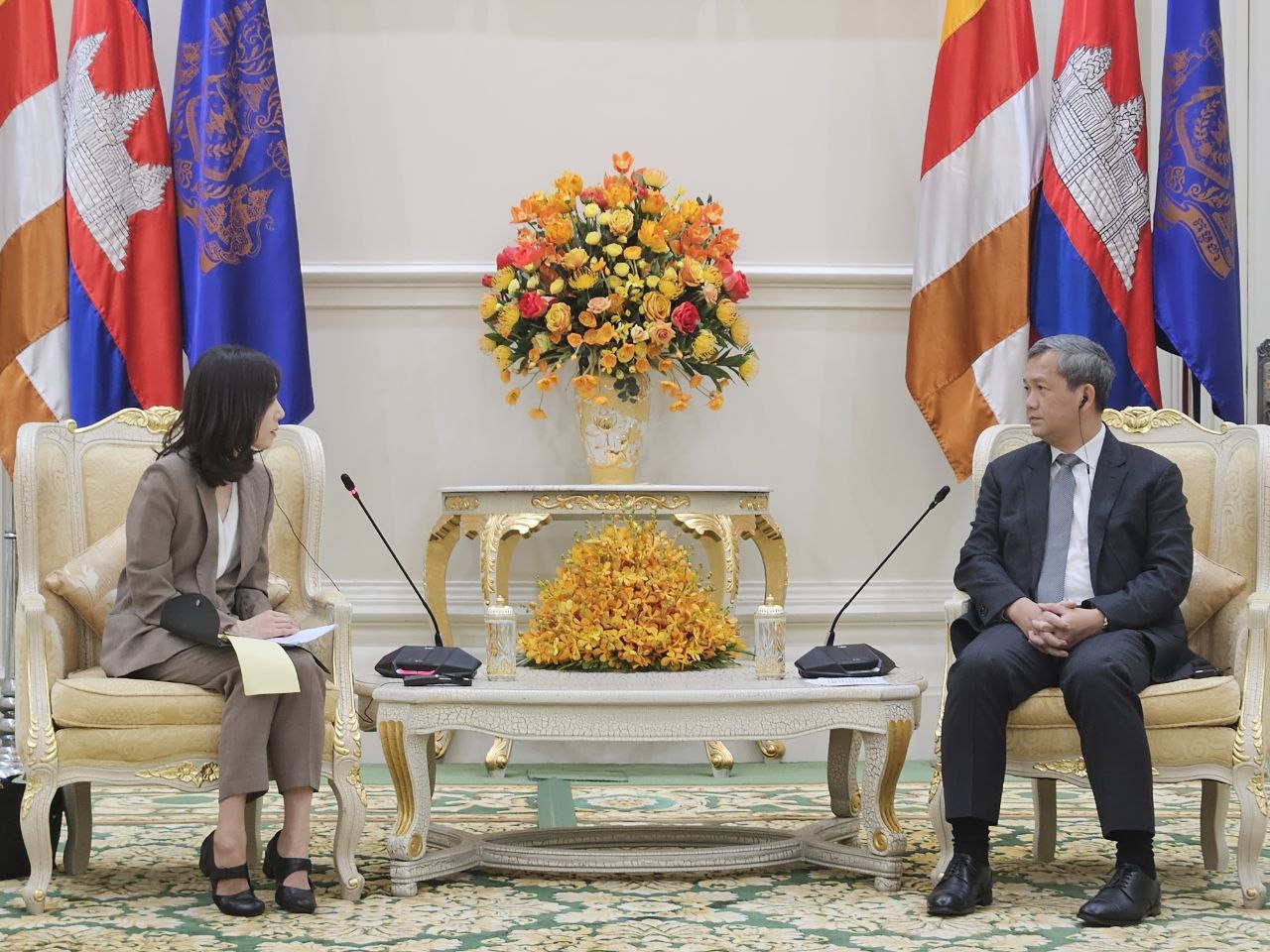S Korea imposes travel ban, US and UK impose sanctions because of Cambodia’s scam centres
The South Korean government has banned travel to some Cambodian provinces following the killing of a young South Korean abducted and forced to work in an online scam centre. A South Korean delegation has asked Cambodian Prime Minister Hun Manet to repatriate its citizens still held in the compounds, while the US and the UK have imposed sanctions on Chen Zhi's Prince group, accused of links to criminal networks, which, despite Phnom Penh's statements, continue to thrive in Cambodia.
Seoul (AsiaNews) – South Korea on Wednesday imposed a travel ban on its citizens to some parts of Cambodia, a decision taken in response to the abduction and killing of a South Korean student who had been forced to work in online scam centres.
The body of Park Min-ho, 22, was found in August in a pickup truck in the southern Cambodian province of Kampot, but his body has not yet been returned due to disputes over South Korea's autopsy request.
The issue was raised by a South Korean delegation led by Vice Foreign Minister Kim Jina, who arrived in Phnom Penh yesterday for talks with Cambodian Prime Minister Hun Manet.
Kim told reporters that she had asked Cambodia to repatriate South Korean citizens implicated in online scams in the country and to return Park's remains as soon as possible.
Hun Manet expressed regrets over the incident, stating that the two countries “will continue to strengthen our collaboration to prevent, suppress, and combat online scams more effectively”.
South Korean authorities estimate that about 200,000 people, including around a thousand South Koreans, work in Cambodia's scam centres, compounds run by criminal gangs that lure Asians with fake job offers and then force them to work in various online scams.
South Korea's National Security Advisor, Wi Sung-lac, recently said that some 330 South Koreans were detained in Cambodia in the first eight months of this year, a worrying increase from the 220 reported for all of 2024. Although 80 per cent of the cases were resolved, several people still need to be repatriated.
“Some people who went to Cambodia voluntarily became involved in criminal activity, and later wanted to return, but they couldn't. In a sense, they are both victims and offenders at the same time," Wi explained.
Recently, around 60 South Koreans were arrested in Cambodia on charges of involvement in online scams and will face investigations upon their return. Yesterday, Cambodian police announced that they will be working with the South Korean embassy to repatriate 59 people.
South Korea issued a code-black travel ban for its citizens, the most serious level with orders for them to stay away or leave the provinces of Poipet, Kampot, and Sihanoukville, a city known for fraudulent activities.
Despite Hun Manet's statements yesterday, several humanitarian organisations have long accused Cambodia of turning a blind eye to scam centres operating, which generate tens of billions of dollars in revenue.
In June, Amnesty International said that the Cambodian government was “deliberately ignoring” abuses committed by criminal groups, allowing the industry to thrive through coordination with criminal groups, often led by Chinese nationals.
The United States government estimates that Americans lost at least US$ 10 billion in fraudulent operations in Southeast Asia in 2024, a 66 per cent increase over the previous year.
On Wednesday, the UK and US governments announced sanctions on the Prince Group, run by Chen Zhi.
The US Treasury (which has targeted 146 people linked to the group) describes Chen as “a 38-year-old Chinese émigré who has since renounced his Chinese citizenship and has built a business empire in Cambodia through the Prince Group TCO," a corporate conglomerate that, according to its website, engages in real estate development, financial services, and consumer services.
Chen, in addition to becoming a Cambodian citizen (as well as being a citizen of Cyprus and Vanuatu), has also held advisory roles with the Cambodian government.
South Korean authorities reported that the Cambodian prime minister expressed concerns about South Korea's decision to issue a travel advisory for Cambodia, fearing it could negatively impact investments and tourism, and called for the warning to be lifted.
For her part, South Korean Vice Minister Kim stated that the measure was unavoidable given the current situation, explaining that South Korea would consider reviewing the travel ban as soon as conditions improve.
12/02/2016 15:14
21/01/2025 17:54







.png)










